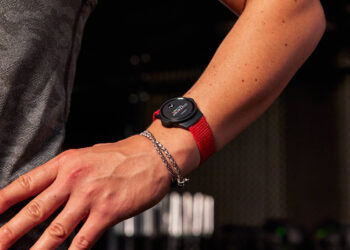In September 2013, 02 Fitness acquired East Shore Athletic Club, a 12-location chain in Charleston, South Carolina. This Christmas, the clubs were officially rebranded under the O2 Fitness name.
Here, Michael Olander Jr., the owner of O2 Fitness, explains more about the rebranding and what it means for the company.
CS: What can you tell me about the rebranding?
MO: We’ve spent the past two years working on the interior of the facilities. We thought that was very important. The name means nothing to the members — what matters is the experience. So we spent the past two years since acquiring [the clubs] working on the physical facilities, working on the systems and procedures, and making sure they were aligned with O2 Fitness. We looked at [East Shore Athletic Club and O2 Fitness] as two separate brands on two roads that were converging together. And now we have brought them together, they’re on the same track with the same name, and it’s pretty exciting times for us for a variety of reasons.
CS: What particular aspects of the rebranding are you most excited about?
MO: For one, running two extremely similar fitness companies that are in essence the same and having to duplicate all of our efforts, was additional work we really didn’t feel was necessary to continue. These were essentially the same brand with two different logos, so making sure that everything is the same is going to create some good efficiencies for us.
We also feel that the market down there is very receptive to the idea of a new brand coming in. The East Shore name, while it served the market for 20-plus years, didn’t represent the direction in which we were going, and we feel that this new face to the community will provide a better insight into who we are and what we want to accomplish for our members and the community in general.
CS: What are some of the key things that you want to communicate to the community as 02 Fitness?
MO: The things that we always communicate as O2 Fitness. The welcoming nature of it, the professional fitness aspect of it. That [Charleston] market hadn’t really had an enterprise fitness operator for a long time. It was a bunch of independent, one- to two-unit operators, and there were the issues that come with that. The lack of consistency, the lack of professionalism, and we want to make sure that people understand that this is a different type of product.
Stay ahead in the fitness industry with exclusive updates!
Rachel Zabonick-Chonko is the editor-in-chief of Club Solutions Magazine. She can be reached at rachel@peakemedia.com.











